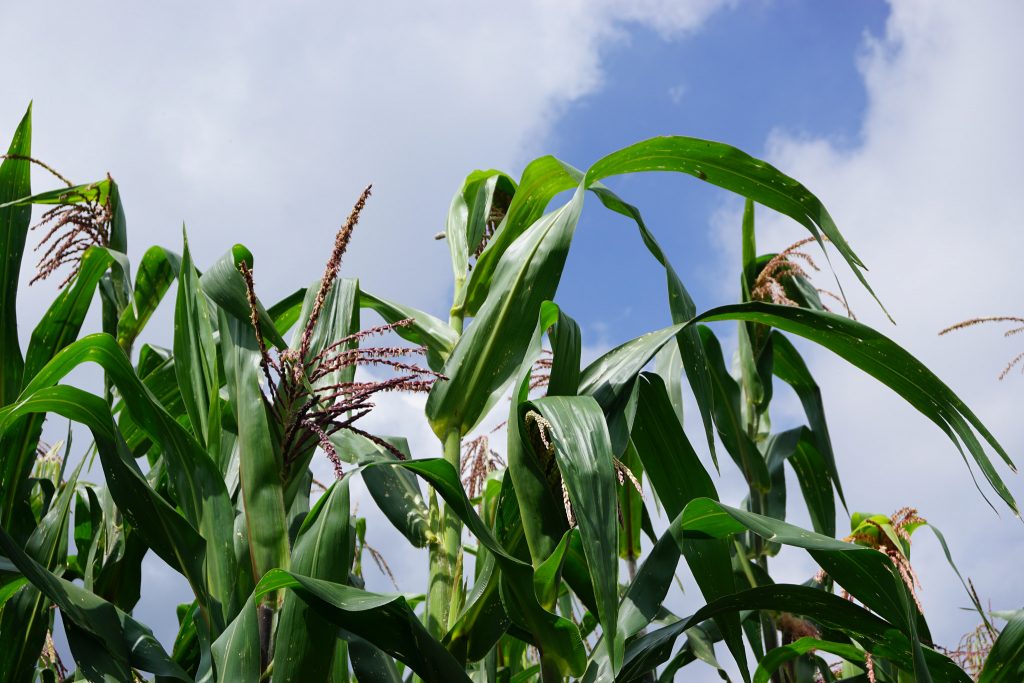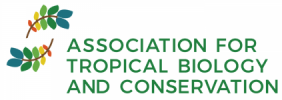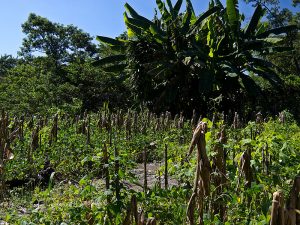Over 750 delegates from 40 countries around the world met from 9-14 July in Mérida, Yucataán, México to present the latest research in tropical biology and conservation at the Annual Meeting of the Association for Tropical Biology and Conservation. One of the highlights of the meeting was the presentation of the The Mérida Declaration, which was drafted by by local scientists and practitioners with the support of the ATBC Conservation Committee and approved on July 14th by the Executive Council of the Society.
The Mérida Declaration calls for public policies that foster and protect traditional Maya agricultural practices in Mexico. The complex interaction between tropical diversity and the Maya has fostered a rich biocultural heritage. The Maya domesticated their forest landscape, and have co-created the biodiversity in Yucatán Peninsula over millennia. Importantly, the Maya have developed and maintained expert knowledge of regeneration dynamics of tropical forests and of the critical role of soil, water availability, and fire that sustains the Maya forest landscape.
The Milpa—a diverse agroforestry poly-cultivation system—characterizes Maya resource management to this day. Largely misunderstood when seen from the development perspective, the Milpa is a significant socio-ecological adaptation to the natural environment of the Mesoamerican tropics that remains highly relevant today. The meeting delegates and ATBC collectively call for sustained public policies that foster and protect Maya agricultural and conservation practices in the Yucatán Peninsula.
Check out the full text of the Mérida Declaration in both Spanish and English, along with all previous ATBC Declarations and Resolutions.

The Milpa, from Incidents of travel in Central America, Chiapas, and, Yucatan (1858). Image credit: Internet Archive Book Images, via The Wikimedia Commons.

Milpa, by Xiroro (CC BY-NC-ND 2.0).




